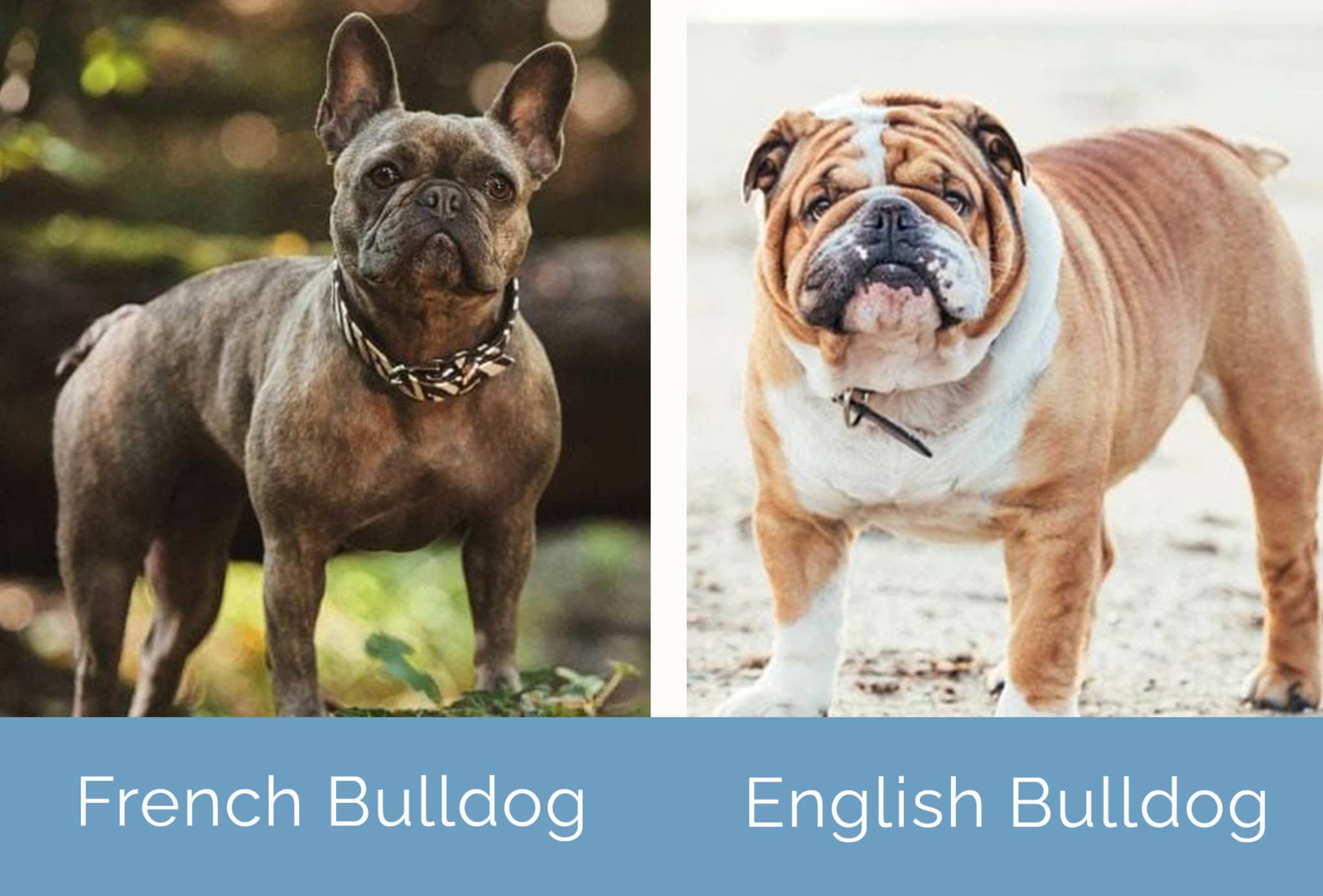The Difference Between French Bulldogs And Other Bulldog Breeds
Introduction
The French bulldog, with its distinctive bat-like ears and wrinkly face, has become an increasingly popular breed in recent years. However, despite their shared name, French bulldogs are a distinct breed from other bulldog breeds, such as the English bulldog and the American bulldog. This essay will critically examine the complexities of the differences between French bulldogs and other bulldog breeds, exploring their physical characteristics, temperaments, and health issues.
Physical Characteristics
One of the most striking differences between French bulldogs and other bulldog breeds is their physical appearance. French bulldogs are typically smaller than other bulldog breeds, with an average weight of 20-28 pounds. They also have a more compact and muscular build, with a short, stocky body. Their heads are large and round, with a pronounced forehead and a short, blunt muzzle. French bulldogs have distinctive large, erect ears that are often described as "bat-like."
In contrast, English bulldogs are larger and heavier, with an average weight of 40-50 pounds. They have a more wrinkled face and a more pronounced underbite than French bulldogs. Their ears are smaller and hang down, and their tails are short and docked. American bulldogs are similar in size to English bulldogs, but they have a more athletic build and a less wrinkled face. Their ears are cropped or left natural, and their tails are typically long and straight.
Temperament
Another key difference between French bulldogs and other bulldog breeds is their temperament. French bulldogs are known for being friendly, affectionate, and playful. They are often described as "clowns" due to their silly and outgoing personalities. French bulldogs are also very adaptable and can thrive in both small apartments and large houses.
English bulldogs are also friendly and affectionate, but they are generally more laid-back and less playful than French bulldogs. They are known for their stubbornness and their tendency to drool. American bulldogs are known for being loyal, protective, and intelligent. They are often used as working dogs, such as police dogs or guard dogs.
Health Issues
All bulldog breeds are prone to certain health issues, but there are some key differences in the types of health problems that each breed is likely to experience. French bulldogs are prone to respiratory problems, such as snoring, wheezing, and sleep apnea. They are also prone to skin allergies and eye problems, such as cherry eye and entropion.
English bulldogs are prone to similar health problems as French bulldogs, but they are also more likely to experience hip dysplasia and elbow dysplasia. They are also more likely to have skin problems, such as dermatitis and pyoderma. American bulldogs are generally healthier than French and English bulldogs, but they are still prone to certain health problems, such as hip dysplasia, elbow dysplasia, and heart disease.
Conclusion
French bulldogs, English bulldogs, and American bulldogs are all unique breeds with their own distinctive characteristics. While they share some similarities, such as their friendly and affectionate nature, they also have significant differences in their physical appearance, temperament, and health issues. Understanding these differences is essential for potential owners who are considering bringing one of these breeds into their home.
How Yorkshire Terriers Became Fashion Icons
Why Labrador Retrievers Are The Best Pets For Busy Households
What To Expect From A French Bulldog’s Behavior As They Age



